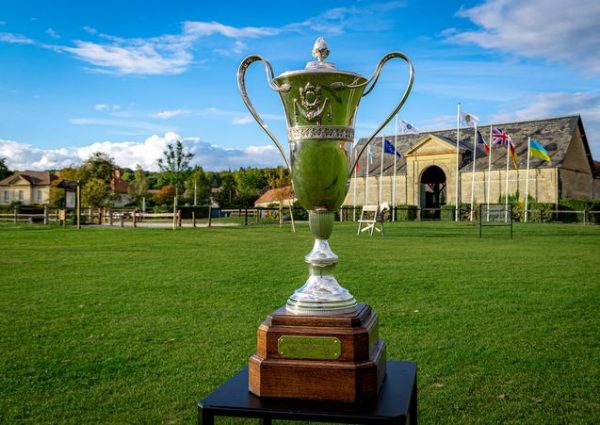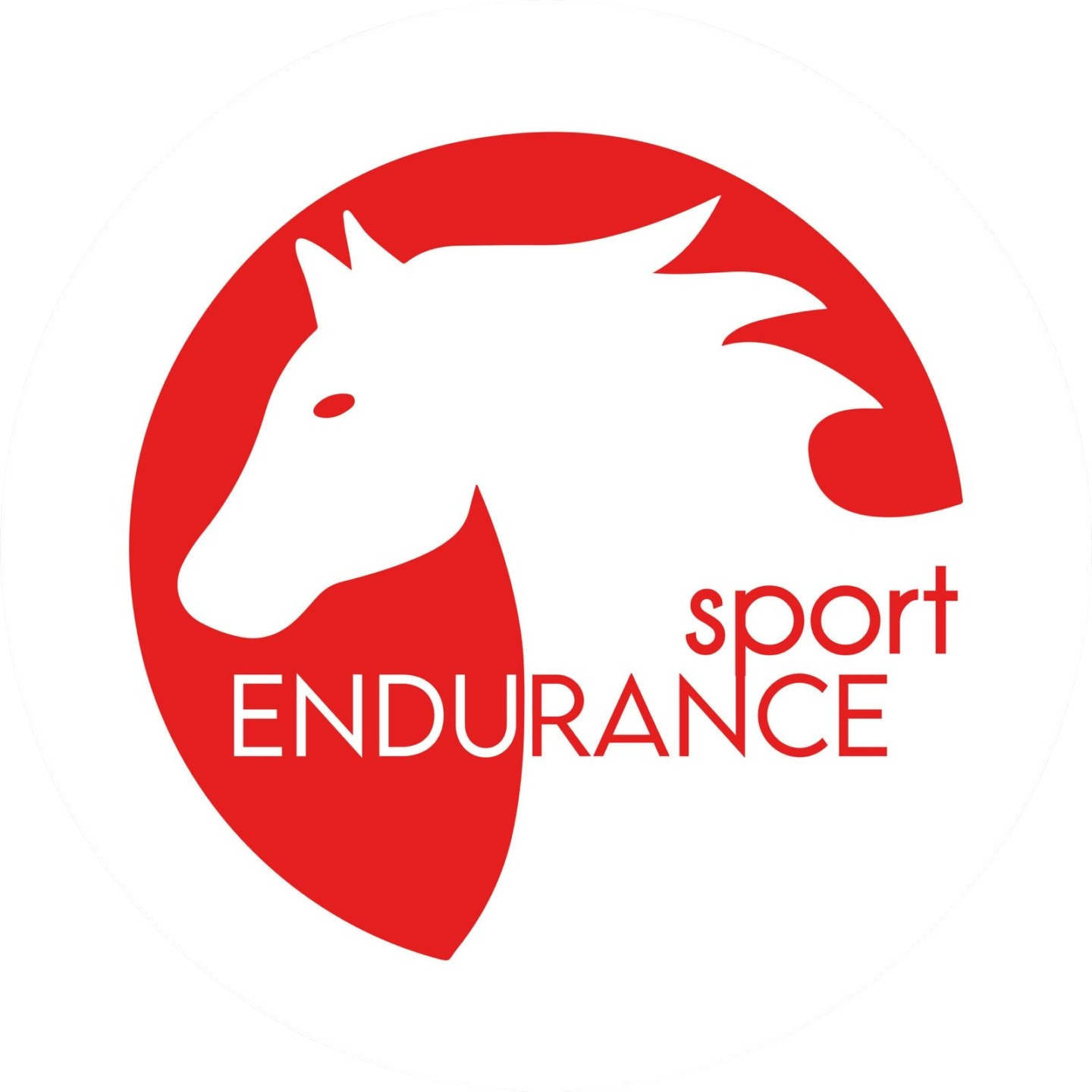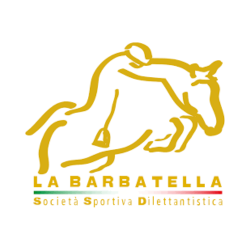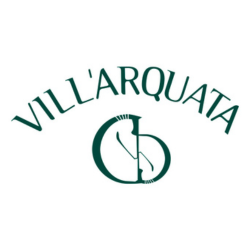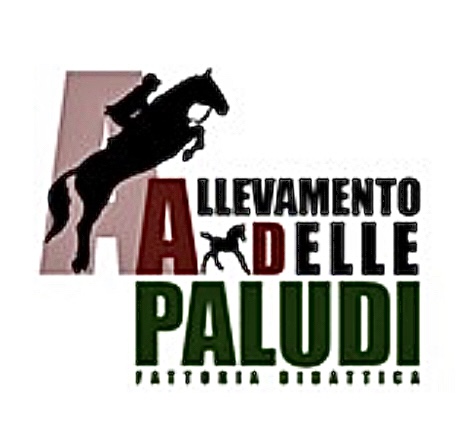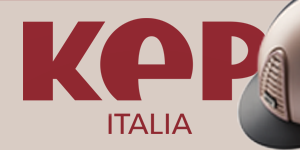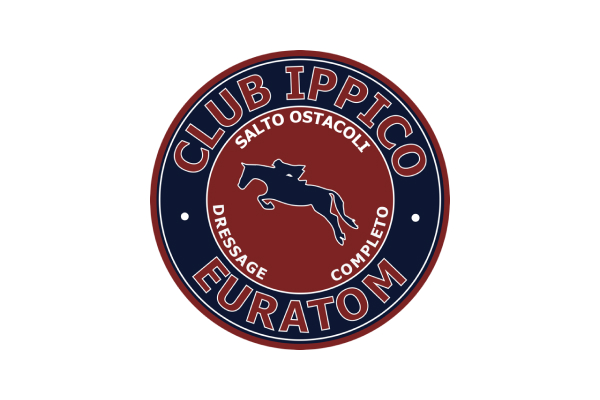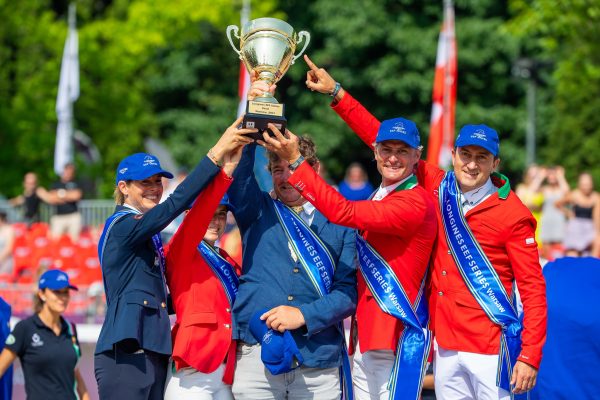
FEI General Assembly, Antwerp: Food for thought
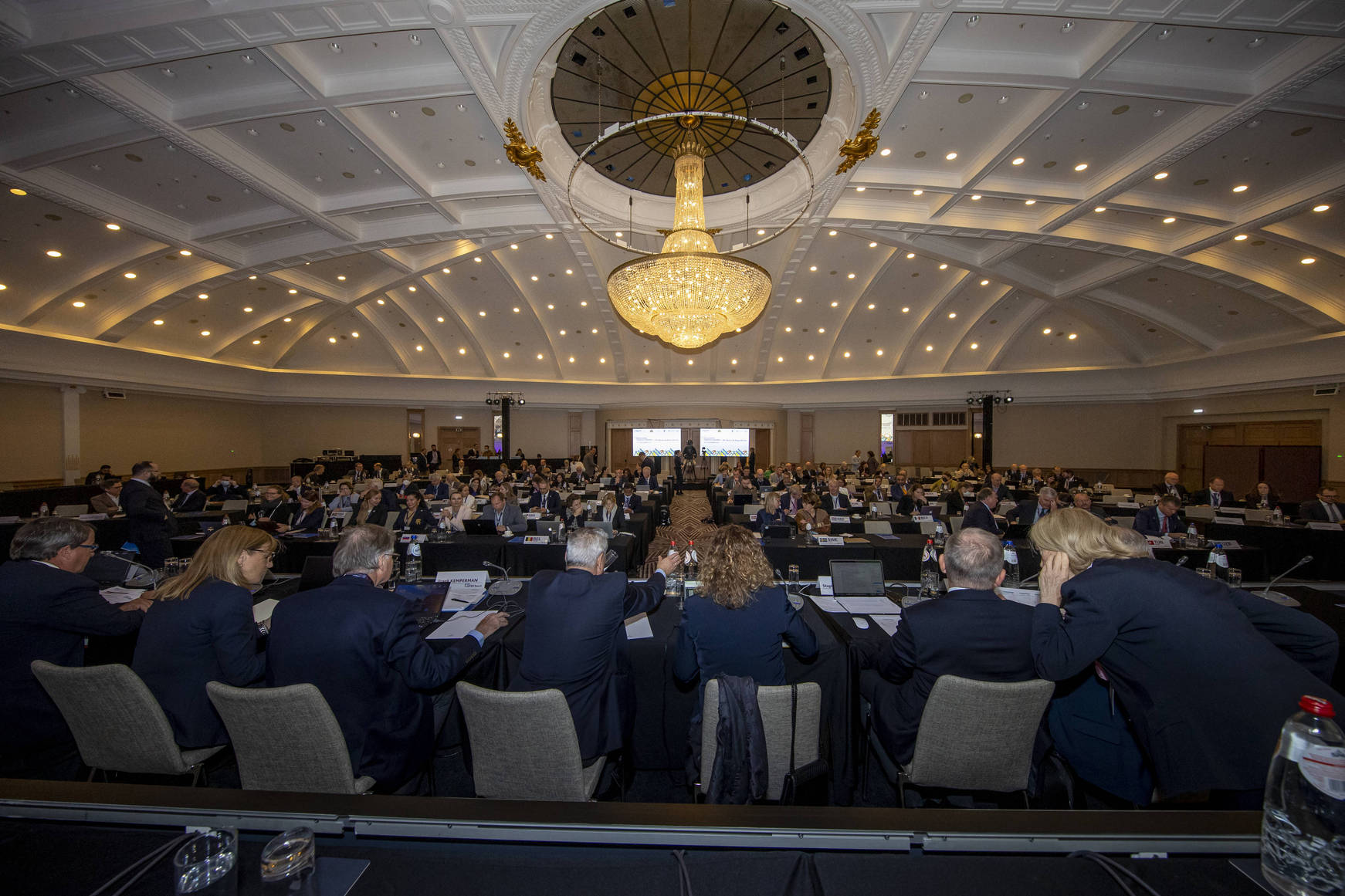
A few weeks have gone by since the FEI General Assembly was held in Antwerp and this has been useful in allowing us to address a number of issues that express the concern of someone who has always lived this sport with passion.
There is a great deal of food for thought.
Establishing the facts (De facto)
It seems that the conflict surrounding the Olympic format is not one between European nations and the rest of the world, but rather between those who have competed in the Games and those who have not. It has emerged that of the 30 countries that voted for a 4 -rider team with a drop score, about 90% had competed in the Olympic Games.
Of the 34 countries that had competed in the Olympics only about 10% preferred the 3-rider format with no drop score.
Of the 70 countries in favour of the three-rider format less than 10% had ever competed in the Olympics or had riders who compete in Nations Cups or 5* shows.
For many of the countries that voted for the 3-rider format, there are sadly not the premises for competing in the Paris Olympics to be held in just two years’ time.
Many federations certainly considered the opinions expressed by the IOC’s Sport Director, opinions that express correct concepts that we respect and that have also been acknowledged by our institutions.
In this letter, however, there is a word missing that is essential to all of us: HORSES. Horses are the reason for which all those involved in equestrian sports are here; they are our partners in sport and in life.
Questions (De jure)
At this point is becomes natural to ask oneself why the countries taking part in the Olympic Games should obey rules dictated by federations that have no Olympic experience whatsoever and the vast majority of which will be unable to qualify for Paris in 2024?
The FEI, a body subject to Swiss law (art, 60 and seg cc), is more specifically an association and as such according to Swiss Law every member (NF) has the right to one vote. It is a system based on a democratic majority, whoever has the most votes wins, but when minorities are not respected (although the minority in the FEI General Assembly represents about 85% of those who practice equestrian sports) it risks becoming a dictatorial democracy as Aristotle says (famous for his saying, “one head one vote”).
In fact, what some oppose is not the vote, but the voting system, which in their opinion should be more similar to that of the great International Federations such as those for Tennis and Skiing as well as others, which give every federation a vote, but only NFs with a very large number of athletes (in tennis at least 20,000) competing in international competitions and with results at World Championships and Olympics, have the right to additional votes.
And what if horses could vote… one horse one vote?
Considerations (Considerazio)
As we have seen these 30 votes we are discussing are distributed between Europe, North and South America, with a small exception of Africa, and are nations that have a proportionally significant sporting activity. One feels authorised to wonder whether these decision may have been dictated by the wishes of a block of 70 nations, perhaps demotivating the 30 National Federations which de facto represent equestrian sports and almost all the horses and athletes registered with the FEI and that compete in shows.
Unfortunately, a strange atmosphere was tangible at the Assembly.
A situation in which everyone was making their case, but there was instead a perceived problem in listening or trying to understand others.
At this point some important questions arise:
Quality or quantity? And what will our sponsors think if we sacrifice quality?
Should the priority be respect for horses or greater media exposure? Are we sure we want to change the rules because some countries justify their choice stating it is easier to find three horse-and-rider combinations than four?
Are we really sure we want to become like boxing, basketball or tennis, sports in which athletes and supporters no longer consider the Olympics as everyone’s myth and dream?
Is it possible to envisage that athletics will change the 4×100 relay because a couple of federations do not have 4 sprinters?
And what if in the future a few NFs tell us they only have two riders? Will we approve 2-rider teams?
What would happen to Formula 1 racing if the exclusion of one driver such as Leclerc or Sainz, meant the elimination of the Ferrari Team?
Quo vadis?
It is necessary to find a common solution, a synergy, and together find the answers to all these questions and certainly also good format for the Paris Olympic Games.
There are two proposals that seen particularly clever and worthy of being taken into account:
1 – The idea presented by Maxim Kretov (RUS) (or a delegate in Group III) suggesting that we should all work together, overcome conflicts and perhaps manage to increase the number of participants in the Olympics in a manner that would satisfy everyone’s needs.
2- Steve Guerdat’s proposal not to downgrade the Olympics but to help countries that have no equestrian traditions to raise their level.
We are unique, we have horses.
Let us return horses to be the subject and not the object of our sport.
Eleonora Ottaviani
FEI rules and regulations – Photo credits: FEI General Assembly Antwerp 2021© FEI/Dirk Caremans




.png)



